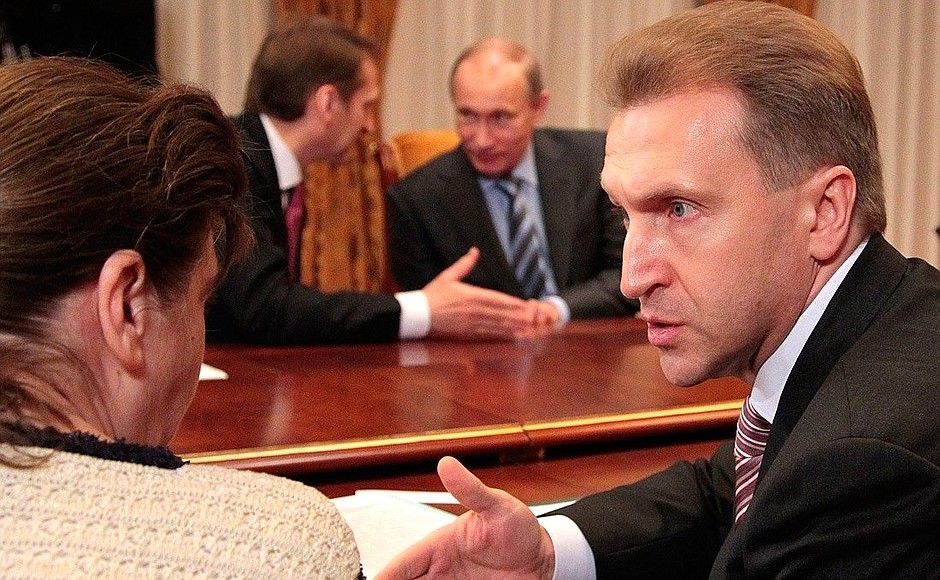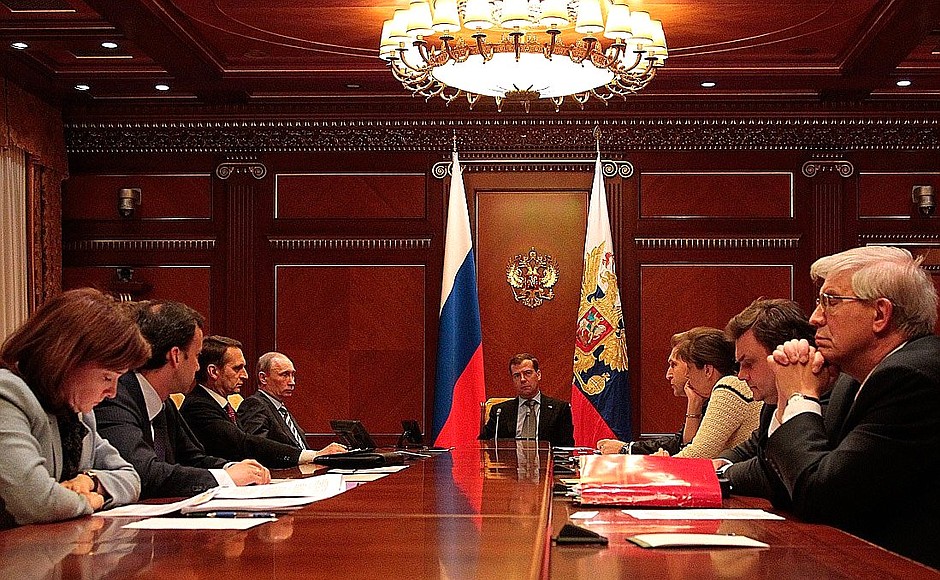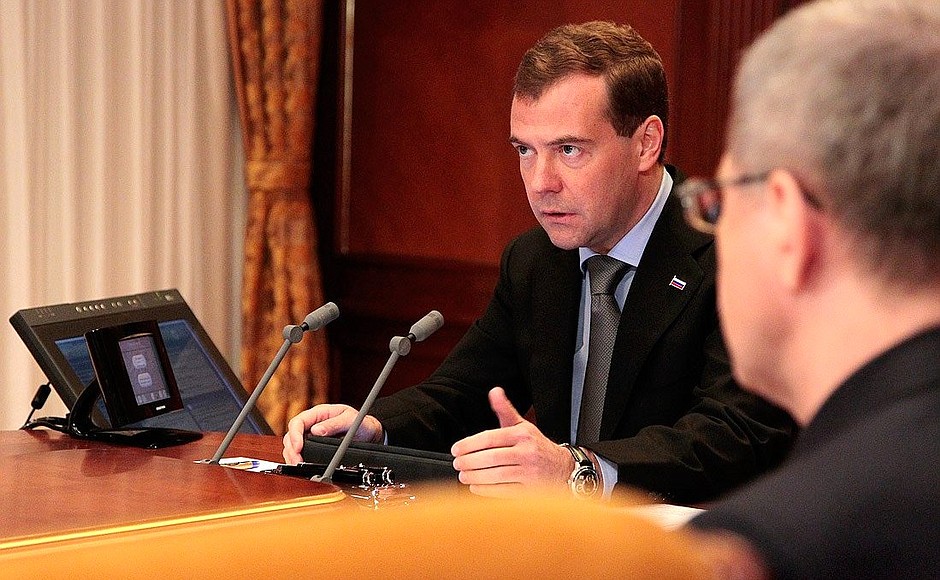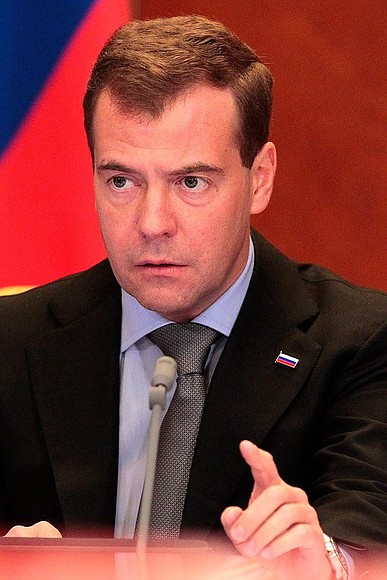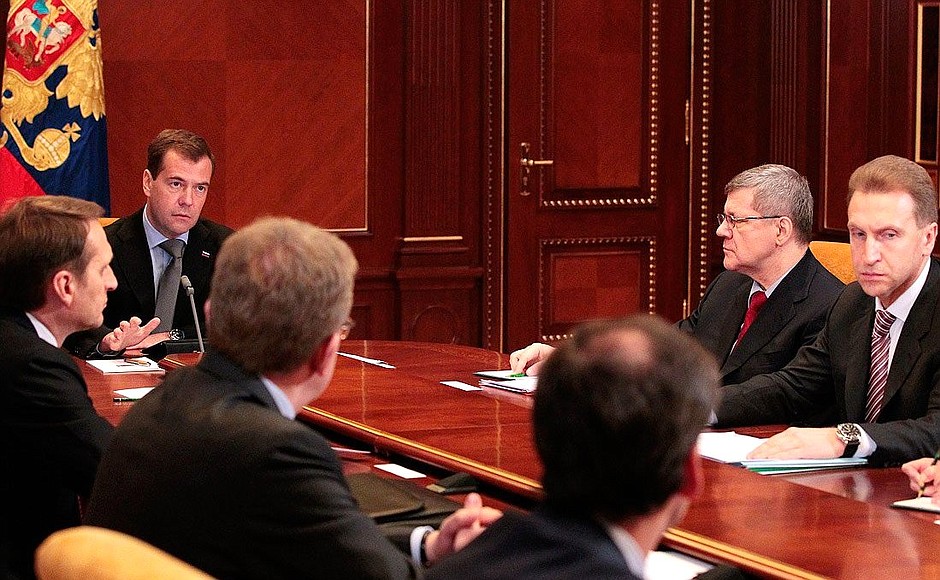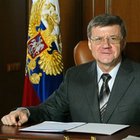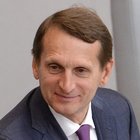* * *
President of Russia Dmitry Medvedev: Colleagues,
Secretary-General of the United Nations Ban Ki-moon passes on his greetings to you all.
I propose that we come back today to the question of the investment climate. We discussed this on March 30 in Magnitogorsk at the meeting of the Commission for Modernisation and Technological Development of Russia’s Economy, and on that occasion I outlined ten measures for improving the situation.
I said at the Commission meeting and say again now that I think this is a vital issue for our country’s economic development. I am sure that you all share this view, all the more so as we simply cannot afford to delay a number of decisions that have long been ripe for implementation. It is time for us to take further steps to improve Russia’s investment climate.
I propose that we look at three issues today that require rapid action, taking into account the deadlines that the presidential instructions set.
“I think the investment climate issue is absolutely vital for our economic development. We simply cannot afford to delay decisions long since ripe for implementation.”
The first issue is that of making one of the deputy prime ministers responsible for overseeing the quality of state services, control and supervisory functions, and other regulation functions, and this is why the Prosecutor General [Yury Chaika] is also here at the meeting today.
I have already said on many occasions that businesspeople and investors make quite frequent complaints about problems in this particular area. There are too many complaints. They concern the performance of the customs and the postal service (I’m literally inundated with complaints about the postal service), the state of transport infrastructure, and problems with visa and administrative formalities, of course. I discussed this issue with most of the Government members here today during the preparations for the Commission’s meeting.
All of these issues affect investors’ motivation to invest or not invest in the Russian economy, and this applies to foreign investors and to Russian investors and businesspeople alike. We therefore have to take comprehensive and systematic steps and accord the required powers, which should be properly distributed between the relevant officials.
The second issue concerns the draft law introducing special procedures for examining complaints about acts of corruption, and ensuring unavoidable prosecution of such offences. I think that we do need these additional mechanisms for handling complaints in this area. We spoke about the public exposure and personal liability that state officials bear; this is an issue I have discussed with the Prosecutor General, and he gave the idea his support too.
I think we need an effective and rather stringent law, but at the same time, it must be a law that does not paralyse activities of our honest civil servants and obstruct government functioning. Unfortunately, it has often been the case in our country that what are essentially good decisions send us from one extreme to another. This would only end up doing a disservice to the very people whose interests we are trying to protect in proposing this draft law.
The third issue is also important and has stirred quite a lot of discussion. It concerns my decision to have members of the Government involved in regulation matters, and ultimately all Government members, step down from their seats on state-owned enterprises’ boards of directors. The decisions here have already been made, and those of our colleagues with seats on the boards of directors in question have already stepped down or are in the process of doing so.
But this gives rise to a new problem that requires a proper solution. The people who replace these Government members must be professional, unbiased, not tainted by corruption, and with a good reputation on the market. It would be no good just replacing the outgoing Government members with clerks from the government ministries. They are not members of the Government Cabinet, certainly, but in choosing the replacements we are to send the right signals to the investment community. I therefore propose that we consider drawing up a list of the appropriate candidates. We should look through our talent pool, as we have the presidential pool of high-potential managers, for example, and the party personnel reserve, which we can draw on. We may consider the candidates from among the said pools.
Mr Naryshkin [Chief of Staff of the Presidential Executive Office] sends me the updated versions of these pools from time to time, and I see that they contain plenty of good young professionals with a modern outlook, working in private companies, municipal organisations, or in the regional governance bodies. We could give them a chance, train them, let them gain some new experience, and this could ultimately be of use when entering the civil service. In any case, this is an important issue, and I expect proposals from the Government on this matter, proposals that would enable us to keep the way things are managed in balance.
These are the three issues on the agenda. This does not mean that we cannot discuss other matters too, but these issues are probably the most important as far as implementation of the instructions I gave at the end of March is concerned.
<…>
